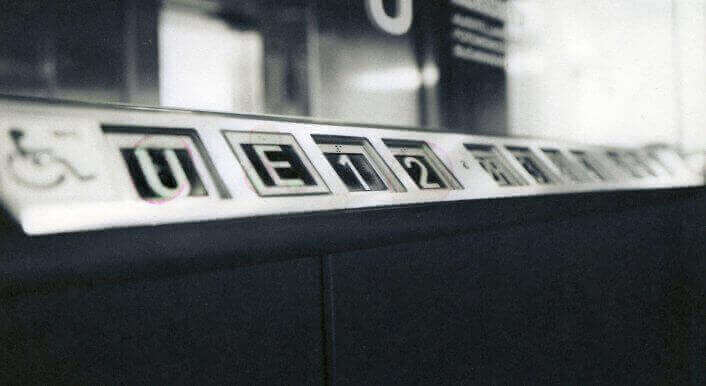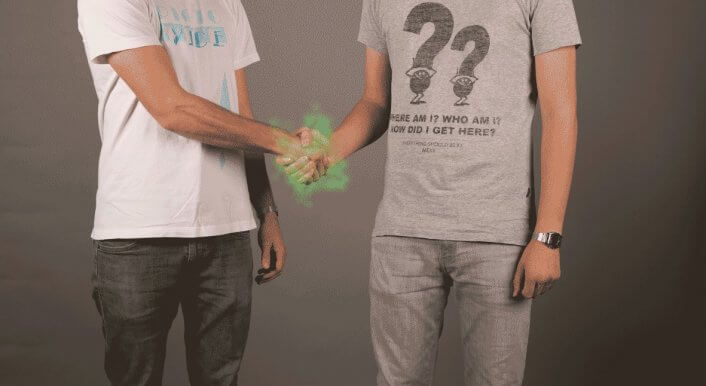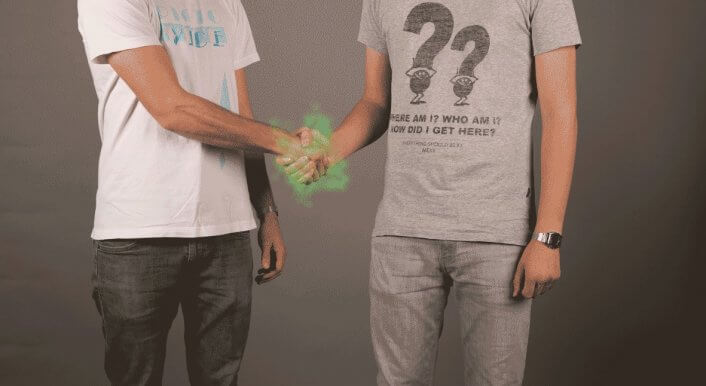50,000 call for German health insurance to boycott dirty antibiotics manufacturers
"Stop superkeys, clean up your supply chains!" This is the demand of an online petition, aimed at German health insurance companies. They let antibiotics be produced in India. By companies, which sometimes do not clear their wastewater of antibiotic remnants – thus triggering the growth of resistnant germs. Yet the health insurance companies don’t see themselves responsible.

A large proportion of the world’s antibiotics is produced in India and China, often under frightenlinly lax environmental standards. Waste from production, including active antibiotic substances, often flows into rivers and lakes, and from there into the groundwater. This gives bacteria living in the environmen wiht plenty opportunity to develop resistances against the antibiotics. Researchers and activists fear that in this „trainging camp“, „superbugs“ can form, dangerous bacteria, against which hardly a drug can help. Infectious germs that, in the extreme case, can spread around the world..
In October the British activist organization “Changing Markets” showed that German health insurance companies also have contracts with problematic producers in India. For example, with Aurobindo, one of the largest manufacturers of cheap antibiotics. In the vicinity of an Aurobindo plant in the city of Hyderabad in Central India, the activists found numerous resistant germs in surface water.
This is the problem the online petition on the civil rights platform change.org wants to tackle. It demands: “Stop superbugs, clean your supply chains!” Almost 50.000 people have signed so far. The claim is explicitly addressed to Techniker Krankenkasse (TK), the largest health insurance company in Germany. The company has discount contracts with Aurobindo, for example concerning amoxicillin and moxifloxacin, two widespread antibiotics. Changing Markets calls on insurance companies to boycott firms like Aurobindo.
Not our work, not our problem
But, TK’s drugs come from another plant and no the one described in the report by Changing Markets, says spokesman Dennis Chytrek. Additionally, according to Chytrek, the problematic Aurobindo plant has been certified by the authorities – in late 2015, the Portuguese health authority attested to EU-compliant quality and production conditions. However, he does not know whether sewage treatment had been examined.
In any case, TK wants to act now, Chytrek said, because the insurence company has been alarmed by the research of Changing Markets. TK now wants to clarify whether it has “legal possibilities to have the production conditions checked in the plants“.
According to the Changing Markets, other health insurance companies also have connections with Aurobindo. They, too, reject any responsibility.
DAK-Gesundheit, for example, does not produce in the problematic Aurobindo plant, but at another location, says spokeswoman Dagmar Schramm.
The AOK merely explains that “the competent supervisory authority has been informed“ after the conditions surrounding the Aurobindo plant have come to light. Says its press speaker Christine Göpner-Reinecke.
Barmer GEK also has contracts with Aurobindo — but says it has “no influence on the manufacturing process”.



